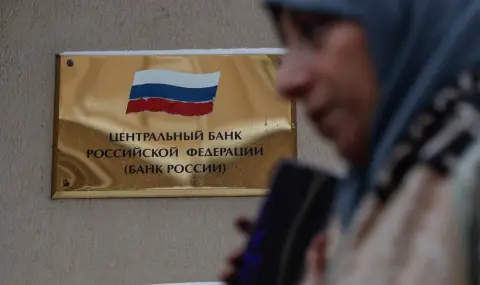Banks may be required to coordinate loans and money transfers between customers and their relatives to prevent fraud. During the spring session, the State Duma may adopt a bill to amend the law “On banks and banking activity”.
According to "Notices", the document proposes to introduce a mechanism for additional verification of financial transactions, which, at the request of customers, will begin to be approved by their relatives or proxies. According to the text of the bill, systemically important credit institutions will be required to allow the customer to issue a power of attorney to a third party who will be able to reject or confirm transactions within 12 hours after receiving a notification from the bank. If such a reaction does not follow, the credit institution will refuse the transaction.
„After May 13-15, the State Duma can adopt the bill in the first reading. After that, it will take about a month to change it, including those proposed in the recall of the government, which conceptually supported the initiative,”, a deputy from United Russia told the newspaper. Natalia Kostenko.
According to Kostenko, a mechanism for revocation of power of attorney may appear in the text of the document by the second reading. The government proposed to create this mechanism to eliminate the risk of abuse for the guarantor. They will also simplify the procedure for implementing the initiative. “There is one principle: there is a trusted person, he is informed about the transactions, but the form of notification, the amount with which blocking is possible will vary,“ Kostenko noted.
The head of the financial market committee of the State Duma, Anatoly Aksakov, told the publication that the bill is on the agenda of the lower house of the parliament for May for first reading consideration. If it is adopted in the final reading, the law will enter into force 10 days after its official publication, noted Aksakov.
The Central Bank of the Russian Federation supports the bill. A few years ago, the Central Bank issued guidelines on second-hand services. “This enables the client of the credit institution, in agreement with a relative or friend, to appoint him as his assistant“, the regulator explained.
The assistant has the right to confirm transfers via remote channels or refuse the operation within a certain period, but he does not have access to the ward's money and cannot perform transactions on his behalf, the Central Bank explained.
